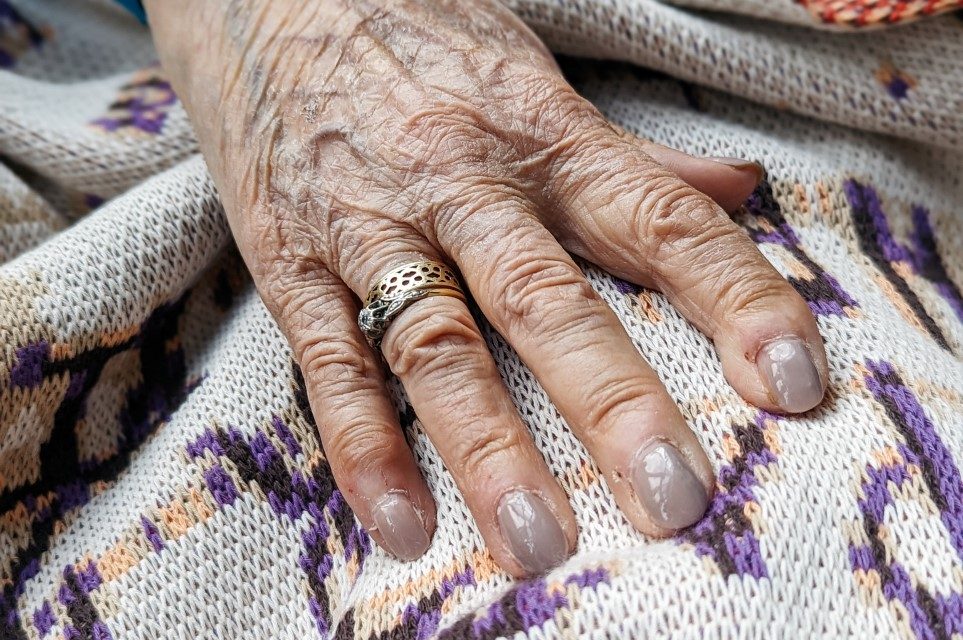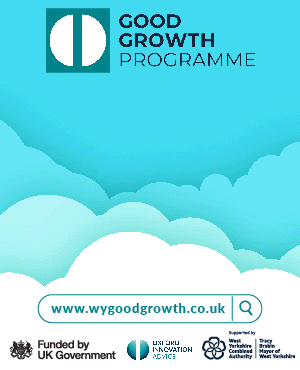Huddersfield-based Holocaust Centre North has completed the first phase of its Homeward Bound Initiative – a bold and ambitious three-year archive endeavour to catalogue its extensive Holocaust collection.
Now for the very first time, over 70 of its original collections of personal papers and testimonies of Holocaust survivors and Jewish refugees who rebuilt their lives in the North of England – can be accessed remotely via The National Archives website.
Now, anybody with an interest in Holocaust history – be it academics, artists, schools, community groups, students, creative practitioners, researchers and survivors’ families – can remotely access this compelling collection enabling a level of access and visibility the Holocaust Centre North Archive has never previously had.
Following months of painstaking work for the centre’s archivist – this groundbreaking and transformative service enables global public online access to its collections and supports the centre’s strategy to becoming a world-class destination for Holocaust education and research.
Not only is this level of access and depth of information invaluable for worldwide Holocaust education, this cataloguing has also greatly benefitted the centre’s own staff.
Through complete immersion in its records – collections and learning staff have gained a far greater understanding and increased knowledge of its collection, its stories and the survivors themselves.
Whilst cataloguing the testimony of a Holocaust survivor, the archivist noticed the name David Berglas, the ‘famous magician’ whose family showed kindness to the interviewee’s husband as a newly arrived refugee.
As a result of this discovery, the head of collections, Dr Tracy Craggs, subsequently interviewed David and together digitised some of his extensive collection of family photographs.
Sadly, David passed away not long afterwards in November 2023. However, it is directly thanks to the development of the catalogue that Holocaust Centre North could develop this connection — the kind of connection which is the bedrock of its work.
Additionally, cataloguing led the collections team to establish a stronger connection with Yorkshire resident Gail Simon whose grandparents were able to get out of Berlin and get a visa to run a hostel for Kindertransport boys in Bradford – called the Bradford Jewish Refugee Hostel.
Gail has since donated personal records of her mum and family, institutional records from the hostel, plus photographs and a home video in addition to a Menorah made by one of its residents.
The search for former residents and their descendants is ongoing and anybody with information or connections to the hostel are urged to come forwards to Holocaust Centre North.
Descriptions of Gail’s records and the Hostel’s archives can now be viewed via The National Archives for the first time as part of this cataloguing initiative.
For Holocaust Centre North archivist Hari Jonkers, who has been instrumental in both securing the funding to enable this digitisation to progress and in the actual hands-on cataloguing, together with archives assistant Barbora Vackova, this project has been a real labour of love.
Hari said: “On a personal level, it has been thoroughly enjoyable getting to know the archive better and, as a result, becoming better equipped to support Holocaust Centre North’s team and external users to share in the richness of these extraordinarily compelling collections.
“Sharing ‘new discoveries’ with colleagues is incredibly rewarding and has increased staff awareness of the work that archivists do, which can often be hidden.
“Cataloguing has already enabled us to strengthen our existing relationships within the Northern community of Holocaust survivors and their descendants and to seek out and develop new relationships.
“It has been a crucial learning curve, illustrating the depth and dedication cataloguing demands within archival operations. As an organisation devoted to ‘fostering a culture of care’ when engaging with traumatic stories, this work has also taught our team that an archive is the perfect place to foster that culture of care.
“It is exciting and rewarding to see the fruits of our hard work online at The National Archives so that these remarkable and vital Holocaust histories can be preserved and accessed globally.”
This initial digitisation of Holocaust Centre North’s archives and collections has been funded as part of the Archives Revealed Grant managed by The National Archives and is now available to access here via The National Archives: https://discovery.nationalarchives.gov.uk/browse/r/h/7d3652e7-87dd-4261-8eb9-5fdbdacd5097.
Phase 2 starts now: a phase of meticulous scanning and photographing of its materials. Holocaust Centre North – based at the University of Huddersfield – will aim to make digitised collections available by the end of December 2025.


















